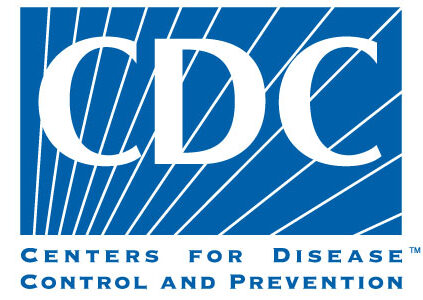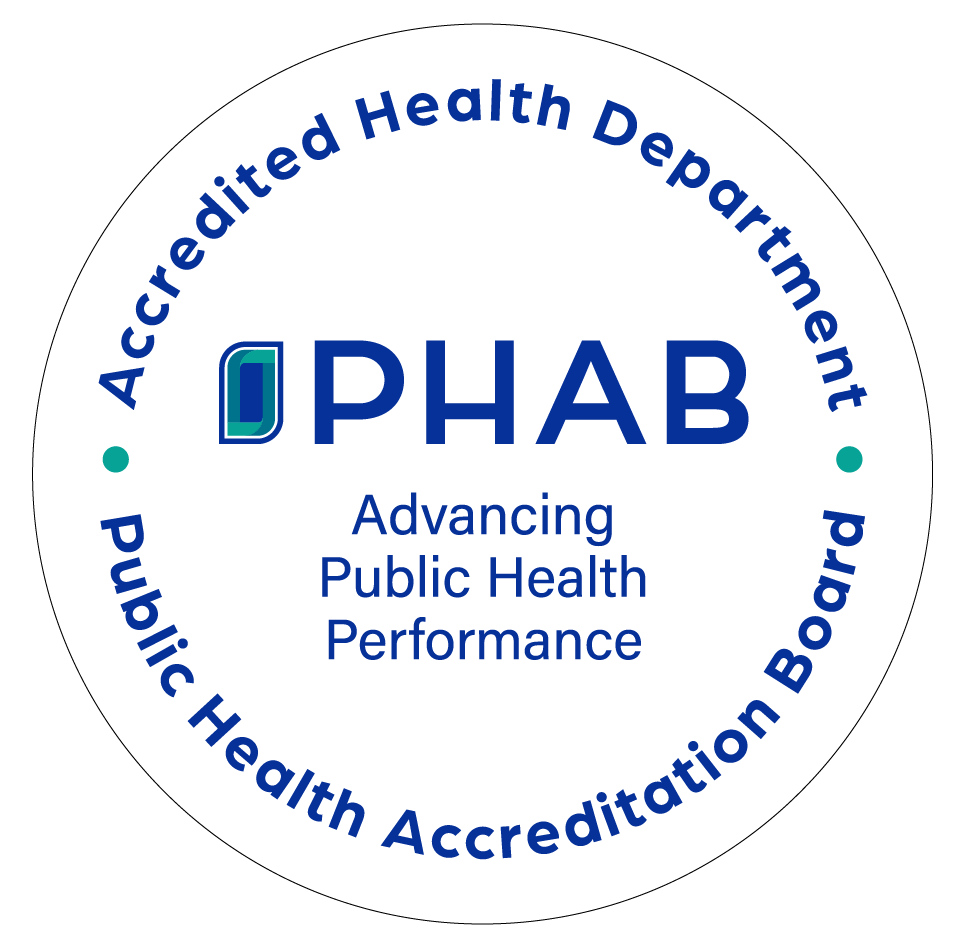The Ohio Department of Health (ODH) has been assisting the Centers for Disease Control and Prevention (CDC), local health departments, and other state and federal agencies in the ongoing investigation of this E. Coli outbreak.

The 19 cases in Ohio are located in the following counties: Wood (7), Lorain (3), Cuyahoga (2), Lucas (2), Mahoning (2), Clermont (1), Franklin (1), and Summit (1).
A specific food has not yet been confirmed as the source of this outbreak, but many of the people affected reported eating burgers and sandwiches with romaine lettuce at Wendy’s restaurants in Michigan, Ohio, and Pennsylvania before getting sick.
Based on this information, Wendy’s is taking the precautionary measure of removing the romaine lettuce being used in sandwiches in that region.
Investigators are working quickly to confirm whether romaine lettuce is the source of this outbreak, and whether romaine lettuce served at Wendy’s restaurants was served or sold at other businesses.
The affected individuals in Ohio range in age from 8 to 82 years old. There are 11 males and eight females.
In Ohio, four people have been hospitalized, and as the CDC noted in its release, no deaths have been reported.
Contact your healthcare provider if you have severe symptoms of E. coli, such as diarrhea (often bloody) that lasts for more than 3 days, or diarrhea that is accompanied by a fever higher than 102˚F, vomiting that prevents you from keeping liquids down, or signs of dehydration such as not urinating much, a dry mouth or throat, or feeling dizzy when standing up.
E. coli can also cause stomach cramps, diarrhea, and vomiting. Some people may have fevers, which are usually less than 102 F.
People with symptoms of E. coli should contact their healthcare provider or local health department. Only by getting tested can health officials confirm if the illness is E. coli and if an illness might be associated with the ongoing outbreak.
Writing down what you ate in the week before getting sick can also help healthcare officials in the investigation.
People are encouraged to follow general food safety tips to avoid getting sick: clean, separate, cook, and chill.



